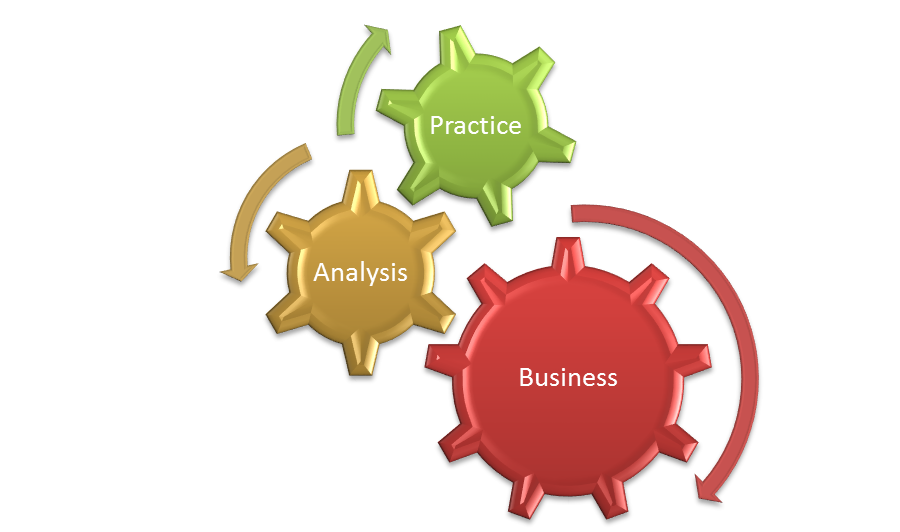Chester is a city in Cheshire, England. it is the most populous city of the Cheshire West and Chester with 332,200 population. It is the supreme populous settlement of Cheshire West and Chester, which had a population of 332,200 in 2014. Chester was initially considered as a Castrum or Roman fort with the name Deva Victrix.
Governance:
Chester is an unparished region within the unitary power of Cheshire West and Chester. A small area around Chester Castle scraps a civil community of Chester Castle. The Member of Parliament for the City of Chester is Chris Matheson, chosen in 2015.
Geography:
Chester deceits at the southern end of a 2-mile (3.2 km) Triassic sandstone edge that increases to a height of 42 m within a natural S-bend in the River Dee. The bedrock, which is also recognised as the Chester Pebble Beds, is perceptible because of the many small stones stuck within its layers. Receding glacial sheet ice also placed amounts of sand and marl across the area where boulder clay was inattentive.
The eastern and northern part of Chester contained heathland and forest. The western side towards the Dee Estuary was marsh and wetland homes.
Climate:
Chester has an oceanic weather. Even with its nearness to the Irish Sea, the temperature system is similar to areas further inland, owing to the shelter delivered by the Pennines to the northeast and the Welsh Mountains to the south-west. The nearest official weather station is at Hawarden Airport, about 4 miles (6.4 km) west of the city Centre.
The absolute supreme temperature recorded was 35.2 °C for the period of August 1990. In an average year, the warmest day should reach 29.3 °C.

 ENQUIRE
ENQUIRE
 REQUEST CALLBACK
REQUEST CALLBACK
 GET A FREE QUOTE
GET A FREE QUOTE


 Introduction
Introduction Course Details
Course Details Course Content
Course Content





 London
London